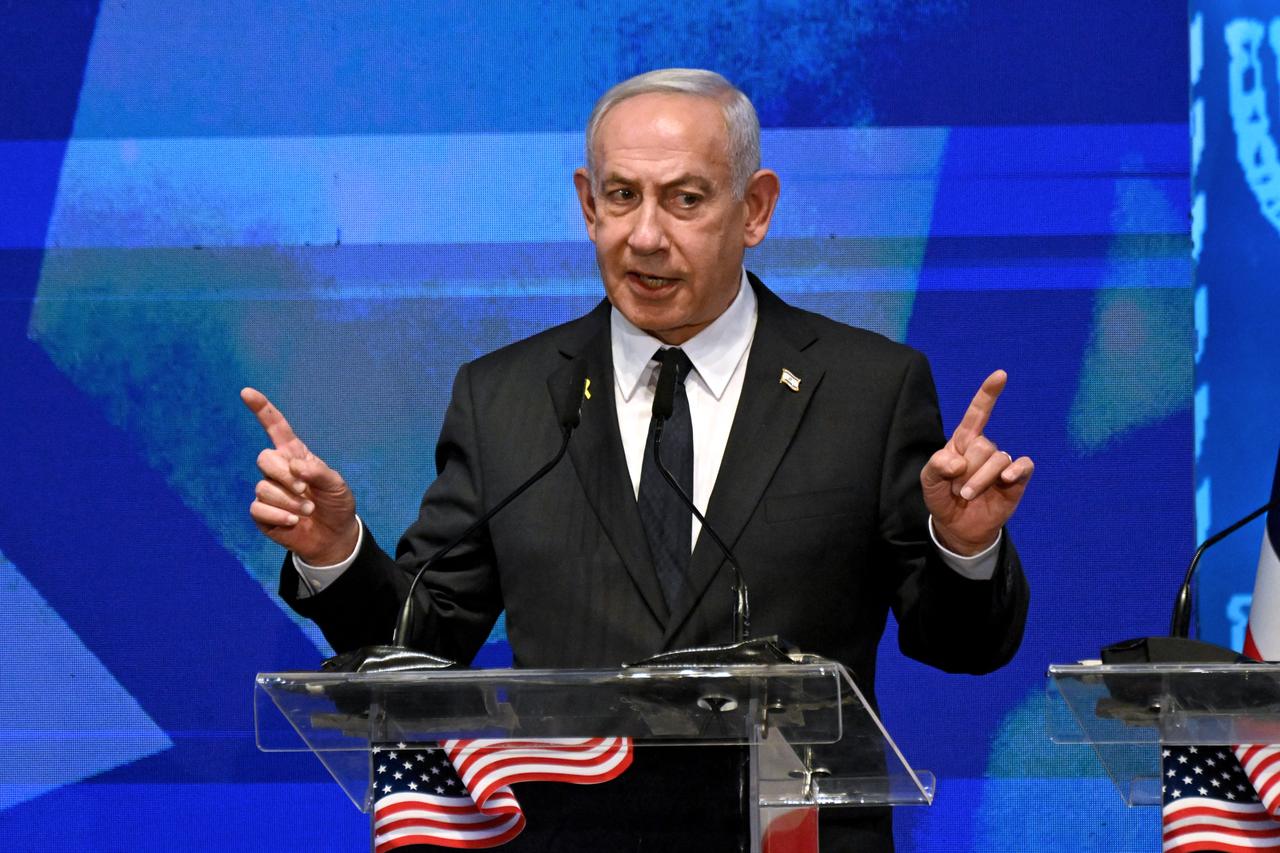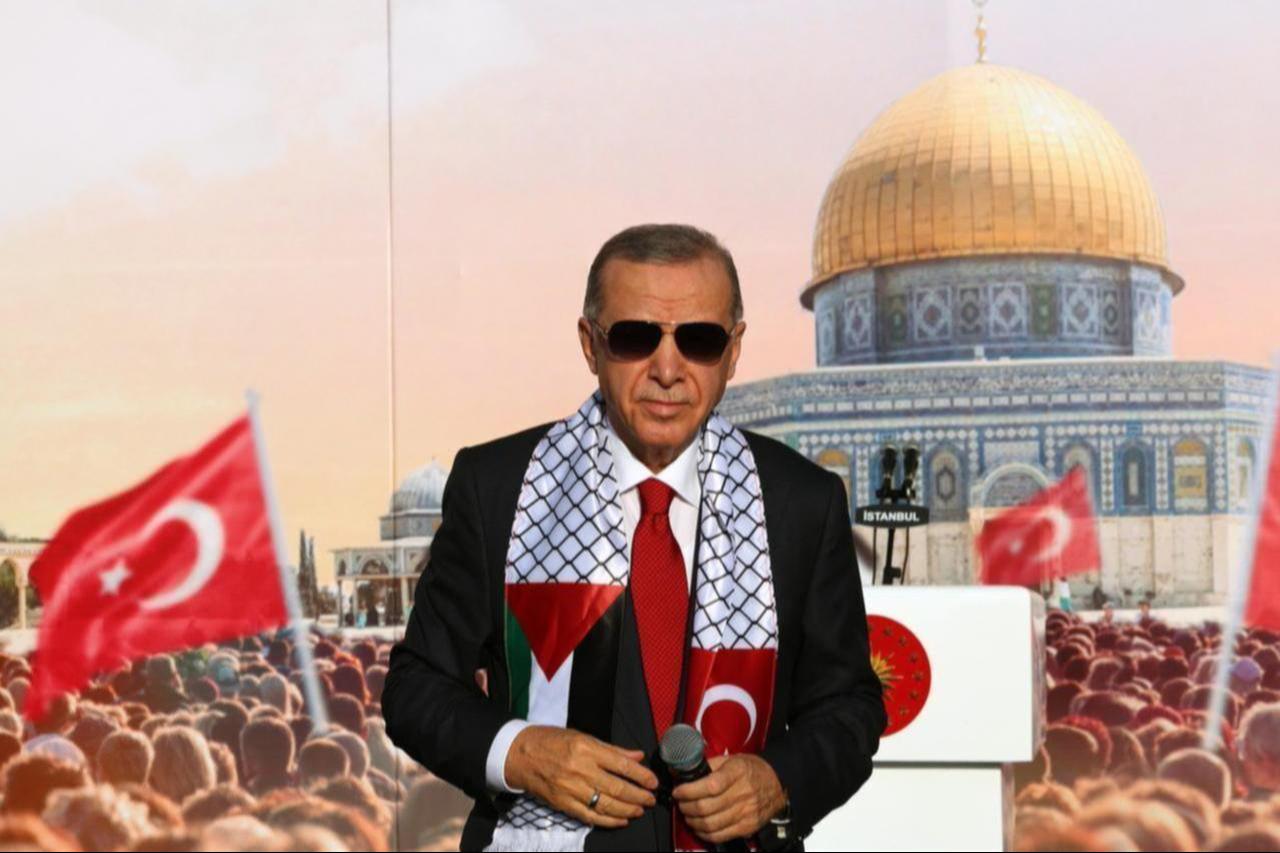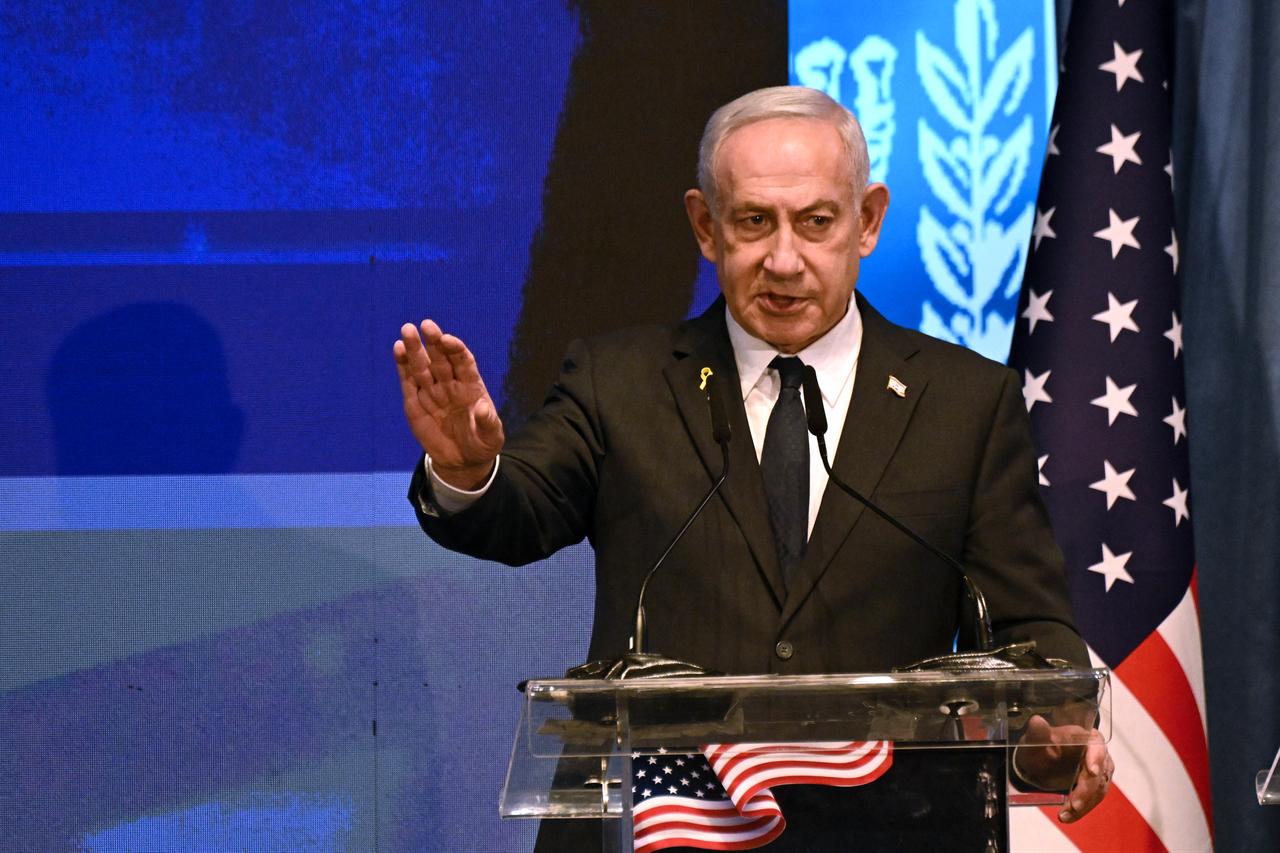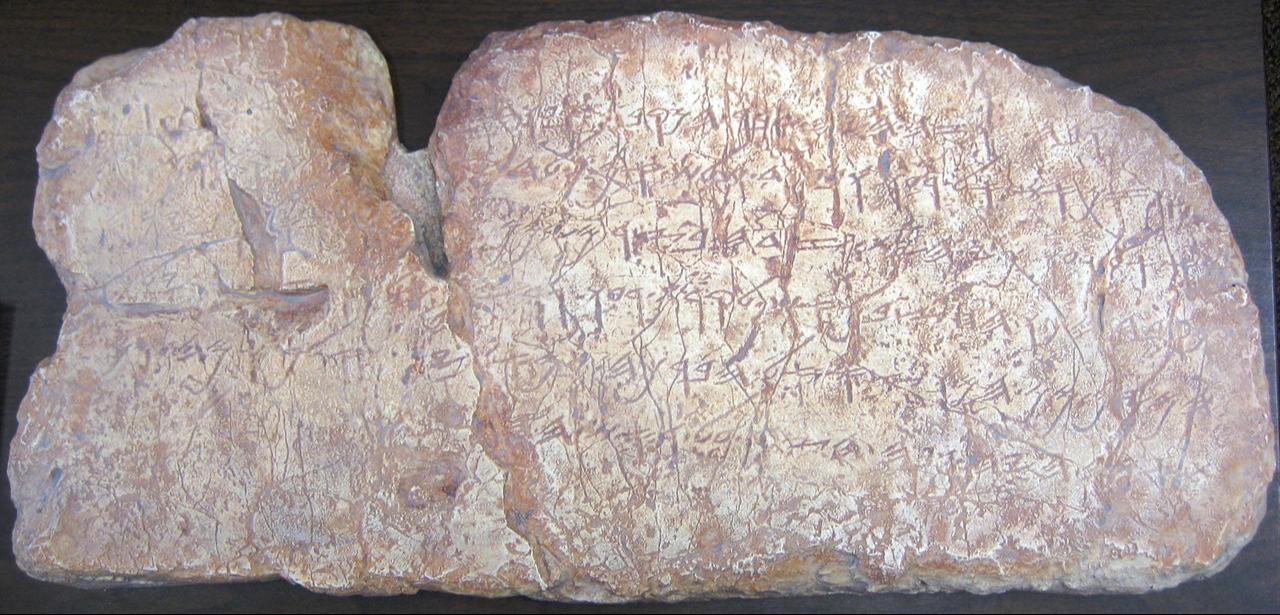
Israeli Prime Minister Benjamin Netanyahu, during his speech on Sept. 16 in Jerusalem, referred to a conversation with former Turkish Prime Minister Mesut Yilmaz while targeting President Recep Tayyip Erdogan over his past remarks on the Siloam Inscription.
Netanyahu recalled the anecdote from 1988 when he had hosted then-Turkish Prime Minister Yilmaz.
According to the Israeli premier, he asked Yilmaz for the Siloam Inscription—an ancient Hebrew tablet dating back 2,700 years that was discovered in the Hezekiah Tunnel and is now kept at the Istanbul Archaeological Museum.
“I offered to trade—we have thousands of Ottoman artifacts in our museums; choose what you like. He refused,” Netanyahu said.
“I then asked for a price, and he told me, ‘This has no price.’ When I asked why, he explained that a growing conservative base in Türkiye, led by the then-mayor of Istanbul whose name you know (Recep Tayyip Erdogan), would object to giving Israel a tablet proving Jerusalem was a Jewish city 2,700 years ago.”
After narrating the old conversation, Netanyahu asserted, “This is our city, Erdogan. Not your city. Our city. It will always be our city. It will never be divided again."
The Israeli prime minister has an arrest warrant issued by the International Criminal Court (ICC) for the Gaza genocide.

Netanyahu’s comments were a direct response to Erdogan, who in 2020 told lawmakers in Türkiye’s Parliament that “Jerusalem is our city, a city from us,” pointing to the city’s significance during the Ottoman era.
Erdogan also described Al-Aqsa Mosque and the Dome of the Rock as sacred sites for the Muslim world and vowed that Türkiye would “stand by the Palestinian cause and follow the issue of Jerusalem to the end.”

Netanyahu compared that rejection to Israel’s modern status.
“Now, 2,000 years later, we have regained our city. We restored independence, built an army, and created a country like no other,” he said, adding praise for former U.S. President Donald Trump’s recognition of Jerusalem as Israel’s capital and the relocation of the U.S. embassy.

The Siloam Inscription, carved in Paleo-Hebrew in the seventh century B.C.E. during King Hezekiah’s reign, commemorates the completion of a tunnel linking the Gihon Spring to the Siloam Pool—a vital water source during the Assyrian siege.
The six-line text describes the moment workers digging from both ends met in the middle.
Discovered in 1880, the inscription has been housed in Istanbul for more than a century.
Israel has repeatedly sought its return, but Turkish authorities insist it remains Ottoman-era property and must stay in Türkiye.